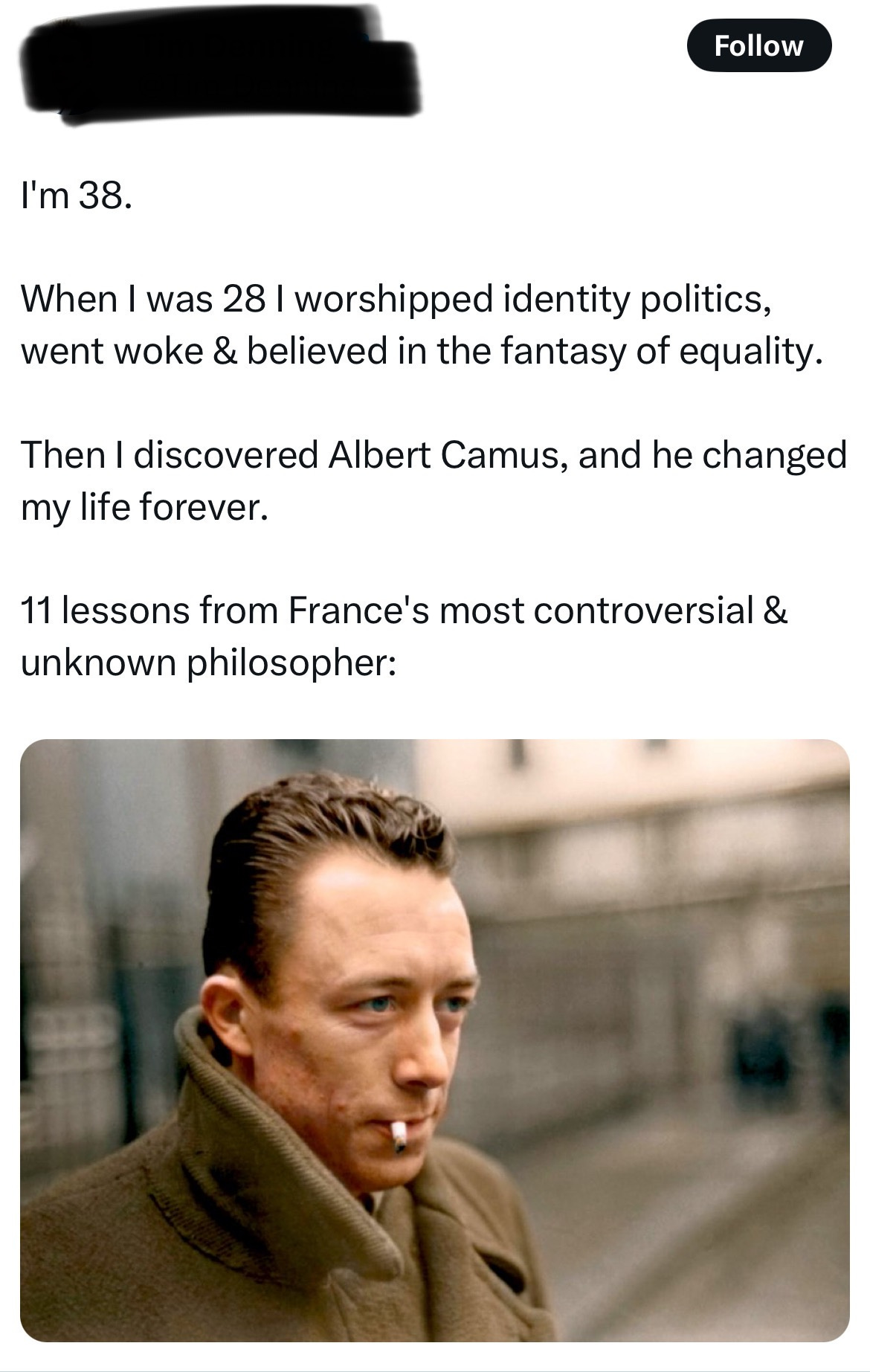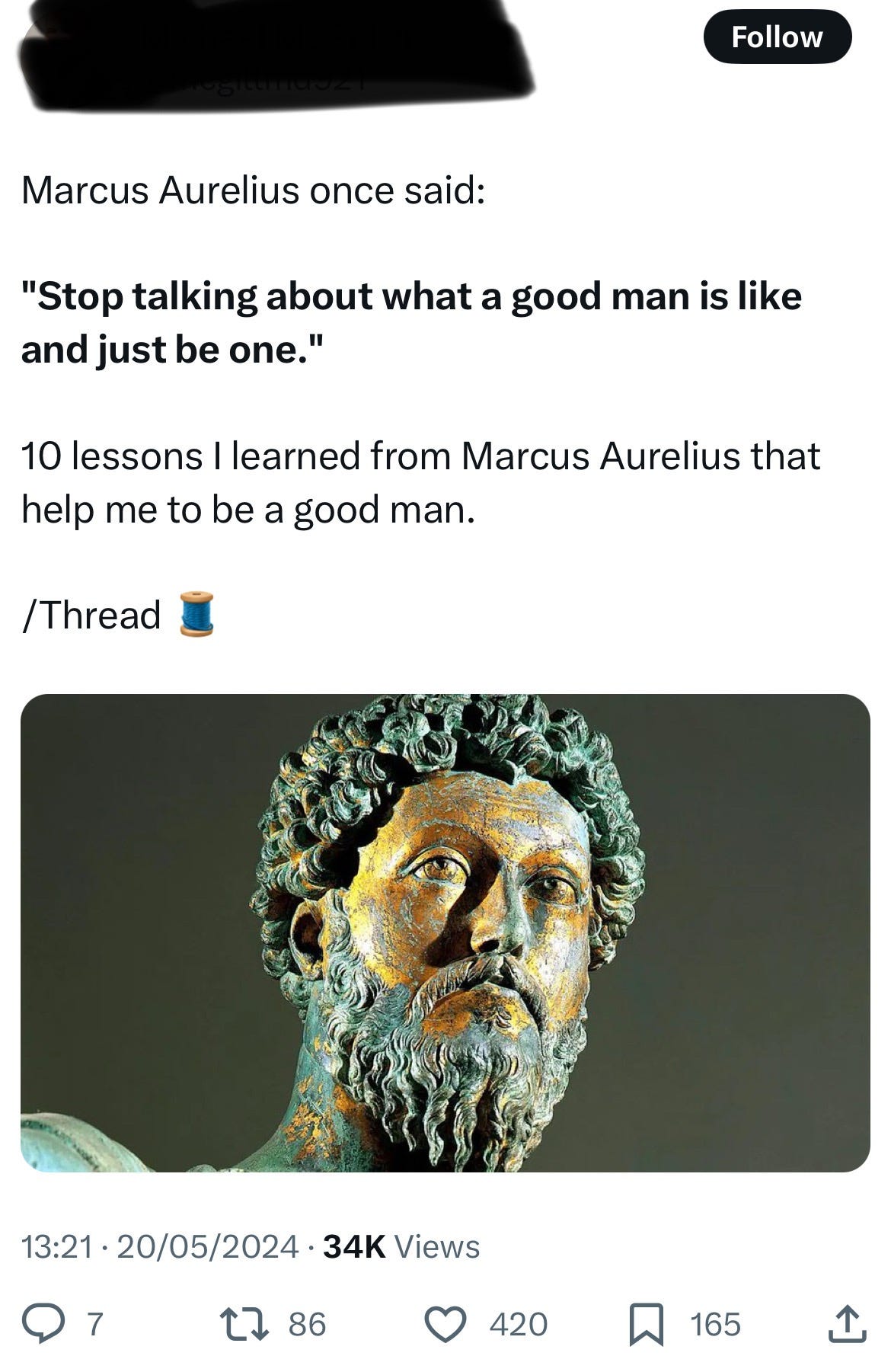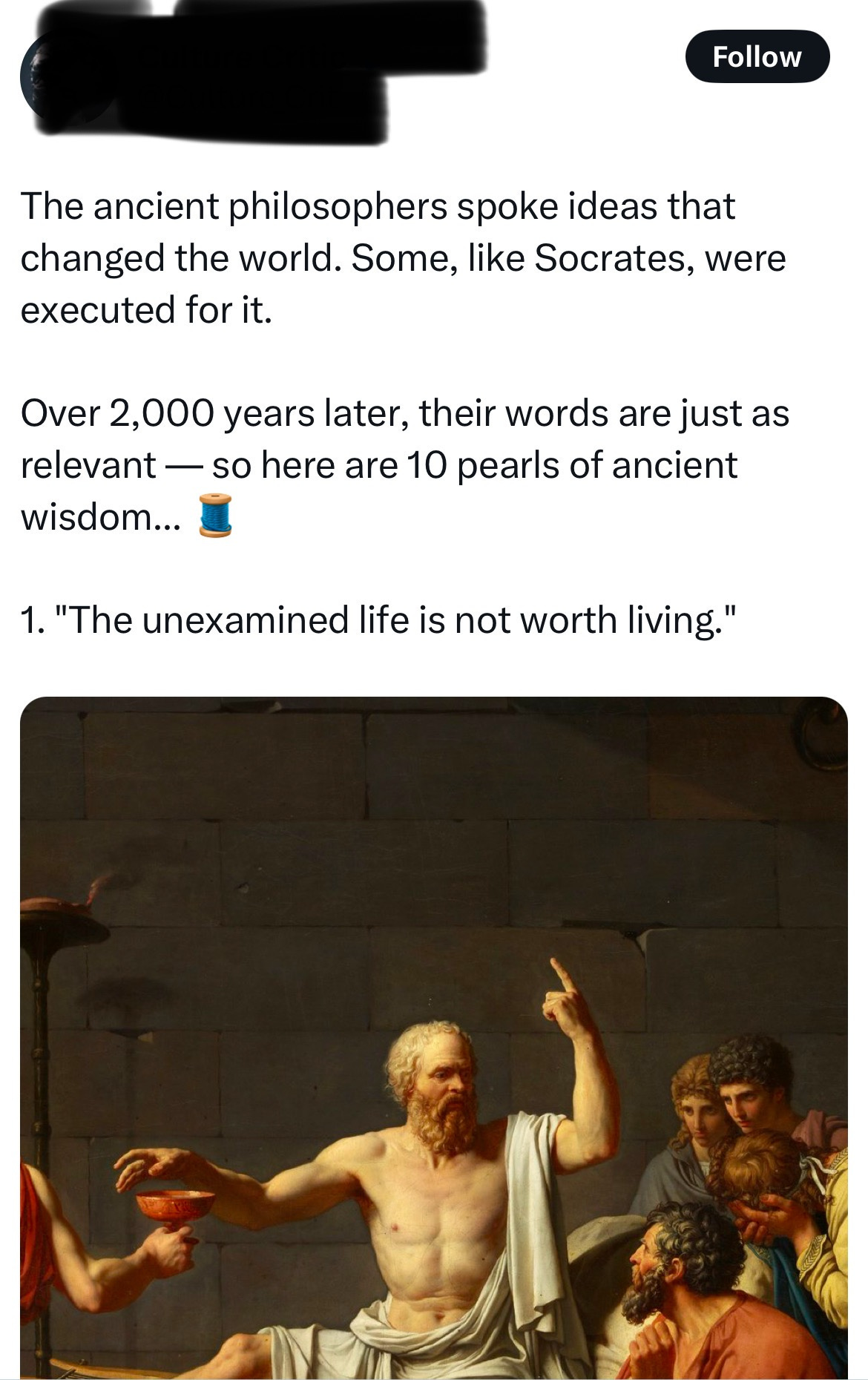The Fate of Writers and Readers in a Post-Literate Society
Wordcels in a world that's moved on

I think about Priests a lot. As an Irish person the central cultural/ historical event of my lifetime has been the collapse of the Catholic Church; I often wonder what it must be like to have graduated from seminary in the mid- to late-nineties. You went into training with the Church as a fading but titanic force; and you emerged to find the whole social structure that gave your vocation context had evaporated out from under your feet. Imagine being a person who has prepared for a task their whole life, and goes out into the real world and finds they are not needed, and viewed as an absurd and perhaps distasteful relic. This was supposed to be my life. What the fuck am I supposed to do now? Whenever I consider their situation I feel a flutter of panic in my chest; that flutter is not just empathy but a sense that the obliterating maw of progress might have turned its attention from the religious orders to people like me and you, dear reader.
News reaches us every day that the world places less value than it did even a few decades ago on reading and writing, and in turn on less value people for whom reading and writing is a skill and/or a compulsion. An article in The Atlantic in October highlighted that in the US “many students no longer arrive at college—even at highly selective, elite colleges—prepared to read books… students now seem bewildered by the thought of finishing multiple books a semester”. A month later the New York Times agreed that “college professors report steep declines in students' willingness and ability to read on their own. To adapt, instructors are assigning less reading and giving students time in class to complete it…” There are a variety of explanations here, but the main one in its rat-like way, social media has gnawed through the rope of concentration that connected human beings with their ability and willingness to engage with anything longer than a post-it note, and we are now permanently unmoored.
In a complex world, the implications that humans are no longer able to process and assimilate larger pieces of information has dire consequences for the basic functioning of society but let’s not forget who is really the victim here - writers and readers like us.
The news that the age of the printed word might be over is particularly difficult for members of the transitional internet generation - people born between say 1978 and 1984; people who were old enough to still clearly remember fully offline lives, but young enough to have lived fully online lives as well - both as thinking adults. A person of that age with literary inclinations remembers the tail end of the time when reading and writing were the essential centre of public life; not just a living centre but a vital one.
As late as my teens a person like me (DOB: 1980) you could still fantasise about a Philip Roth -like austere and bohemian writerly lifestyle, living in a brownstone, writing for the New Yorker, going to readings and having your stuff reviewed by influential broadsheet newspapers critics. This of course was always an absurd and cheesy fantasy, and time has made it sound creaky and old-fashioned, but no more ridiculous than holding a tennis racket guitar and dreaming of gold records and Top of the Pops. The reality existed for some small number of people somewhere, and could therefore be aspired to. It doesn’t anymore. Younger people don’t even seem aware that such a world even existed recently and don’t even know what they’ve lost.
A hopeful person might speculate that we are producing and consuming the same sorts of things in a different format, but we really aren’t. The primary way of experiencing written arts, entertainment and culture in 2025 is through the internet and the pleasure of the internet is constantly discovering new things; whatever we engage in there needs to be a lot of it and you need to get through it quickly. Popular long-form work does exist but really only in audio or video formats, where you can just let it wash over you without even the minimal attention-commitment of turning a page. So whatever the genuine virtues of internet culture, immediacy, convenience and variety are king. Worthiness and an enriching struggle to access meaning, and one person concentrating on one thing for an extended period (which is what books provide) aren’t at the races.
The tendency of social media as the main route in which we experience art is the blackpill I have described above. There is also a whitepill, in how people seem to yearn and stretch for something deeper on social media, like flexing a phantom limb.
Look at the slop accounts of the type pictured above, which have come to dominate many forms of social media especially twitter in the Musk era. These accounts function by aggregating the lessons of great philosophers and authors for the benefit of people with terrible attention spans who nevertheless like the idea of depth, seriousness and hard-won insight. It’s characteristic that they only do this with writers whose ideas can be reduced into listicles and bumper-sticker level lessons. Someone whose writing is pure aesthetic pleasure, like Nabokov, can’t be reduced to a tweet, or an instruction, or a rule for life, and so is forgotten.
It’s interesting that the content recycled by these accounts seems to be of a type that disproportionately appeals to men, Dostoyesvsky and Marcus Aurelius being two obvious examples. The male relationship with long form writing has particularly suffered the last 20-30 years: the global collapse in attention spans coincided with an unrelated withdrawal of men away from the written word and the combined effect was like the roof caving it at the same time as the floor giving way. It wasn’t always this way; as illustrated by the video below there was a long period where serious writers were another type of celebrity, and during that period the writer was generally male. The writing, role models and career path have disappeared but the preponderance of slop accounts indicates that men miss both of them, even if they don’t know it, or don’t know how to express it.
The slop accounts drive me crazy as I assume they do you, but the point is that while a particular kind of depth that only writing can deliver has gone away, the yearning for that depth hasn’t, particularly on the part of men. Perhaps the role for the writer in future is as the people who have done the reading and can act as interpreters and curators and synthesisers on behalf of people who simply don’t have the skill or the tools to do it themselves. Maybe that will be enough for people with a natural gift for writing and words who hoped to use those to find a social status that was expressive and fulfilling.
Writers and readers aren’t the first group of people this has happened to and we won’t be the last: to wake up and discover that the future’s been cancelled. The good news is that the essential human yearnings don’t disappear, and there are signs that even the people too young to have experienced the old world can tell there’s something missing. We’re not getting back to the time when authors who wrote 800-page tomes got to sit on the Tonight Show couch but that doesn’t absolve you of the responsibility to adapt and to nurture that small and flickering flame until it can blaze again more fully, in a form as yet undreamed of.




I think this is broadly right, but we're not so much exiting the age of longform reading as exiting the age of mass longform reading. That has arguably been coming for some time: to my eye peak print was around the end of the 19th century. In the aftermath the vast majority are post-print, yes; but the world of elite letters is if anything more interesting today than it has been in years, and arguably more male too
Thanks for writing this Conor. It’s something I’ve been reading a lot about and this is a refreshing and original take.
I will think of myself as priest like when I go and buy my physical copy of the paper tomorrow (I never, ever see anyone of my own age doing this now)
Speaking of priests and Ireland: was it you who said that Father Ted couldn’t have been made in any other decade but the 1990s? This was when the church had institutional strength (so worth making fun of) but when people felt increased freedom to satirise.